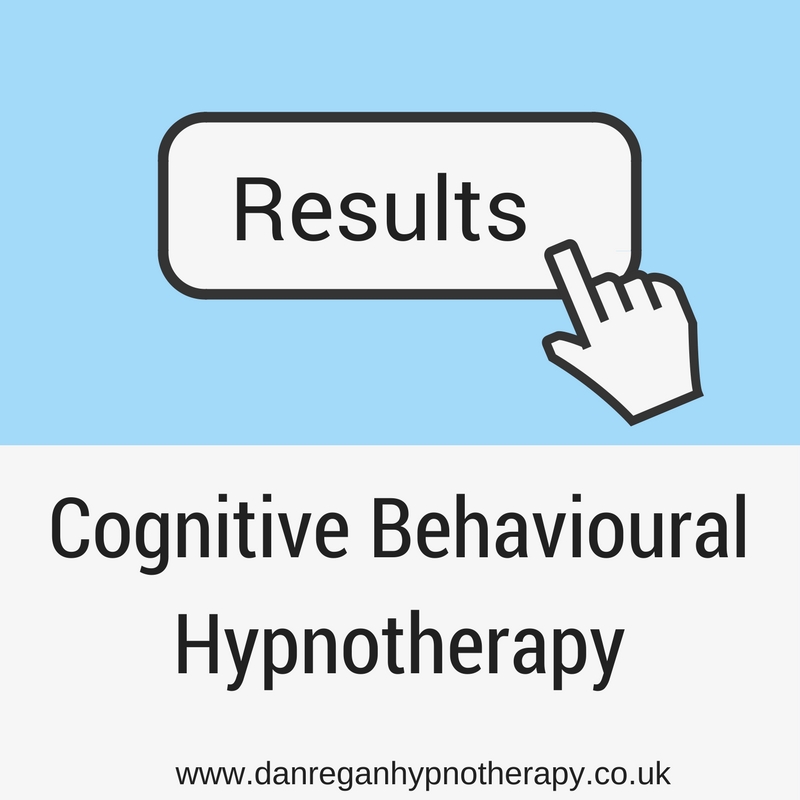Required
Should all Cognitive Behavioural Therapy include Hypnosis for better results?

Should all Cognitive Behavioural Therapy include Hypnosis for better results?
Some may consider it a big question, but should cognitive behavioural therapy be making use of hypnosis as a means to increase the likelihood of positive therapeutic outcomes?
Perhaps we should start with this from Kirsch, in his meta-analysis of ‘Hypnosis as an Adjunct to Cognitive-Behavioural Psychotherapy’, in which he analysed existing studies in which cognitive behavioural therapy was compared with the same therapy supplemented by hypnosis. He wrote:
“The results indicated that the addition of hypnosis substantially enhanced treatment outcome, so that the average client receiving cognitive behavioural hypnotherapy showed greater improvement than at least 70% of clients receiving non-hypnotic treatment.”
Pretty impressive stuff there in his analysis across a range of issues including weight loss, anxiety and insomnia.
So why isn’t hypnosis part of the mainstream CBT therapy process if the evidence suggests that it is likely to help people get better results?
There are probably many reasons for this and more than I can cite here, yet part of it has got to be fear. Fear from CBT professionals about incorporating and utilising something that doesn’t fit with their perceptions and training, and fear from many hypnosis professionals about giving up obsolete reference to concepts such as the unconscious mind and a sense of hypnosis being an altered state of consciousness rather than something than orchestrates normal psychological processes and enhances therapy outcomes.
And, of course, the fact that so many hypnotherapists never make use of research and evidence means that there is a proliferation of poor quality training and texts churned out year by year that just undermines the profession.
Still further, there are the ongoing misconceptions and myths about hypnosis still held by so many from the nonsense they have seen and heard on TV. Only today, I was asked if it is possible to get ‘stuck’ in hypnosis. And many others will be put off seeking effective help because of myths around loss of control and the like (whereas in fact hypnosis is about helping you to take back control…because if you could already control your thoughts, feelings and behaviours then you wouldn’t need help).
Weight Loss From Cognitive Behavioural Therapy With Hypnosis
In his analysis, Kirsch writes,
“The results of this meta-analysis indicates a fairly substantial effect as a result of adding hypnosis to cognitive-behavioural psychotherapies…hypnosis enhances the effects of cognitive-behavioural psychotherapy across a broad range of problems.”
In fact, he writes how, “the average client receiving cognitive-behavioural hypnotherapy benefited more than at least 70% of clients receiving the same treatment without hypnosis.”
In particular he writes how using hypnosis as an adjunct to cognitive behavioural therapy may be particularly beneficial with regard to weight loss.
In contrast to some other issues, the benefits of adding hypnosis didn’t become apparent until some times after treatment had ended. “Differences between hypnotic and non-hypnotic treatment of obesity increased up to 6 months after treatment had ended and remained intact at 2-year follow up“.
Again, pretty impressive stuff, particularly as many people who are trying to lose weight, and many who do achieve their weight loss goals, often find in the longer term that they regain the weight.
Kirsch also carried out another meta-analysis where he looked specifically at weight loss and the benefits of adding hypnosis to cognitive behavioural therapy. In that analysis he writes, “The addition of hypnosis appears to have a significant and substantial effect on the outcome of cognitive behavioural treatment for weight reduction, and this effect increases over time.”
And as many of my clients tell me, weight loss is not just about changing behaviours; there’s a huge psychological component to eating habits that needs to be incorporated into any successful approaches to sustainable weight management.
Of course, as described above, the research suggests that adding hypnosis to cognitive behavioural therapy can enhance outcomes from the therapy across many issues, and not just weight loss. All of which suggests that if you want to improve the likelihood of achieving successful outcomes from your therapy, then cognitive behavioural hypnotherapy may very well be the way to go.
There’s plenty more evidence supporting the impact of combining cognitive-behavioural therapy with hypnosis, such as in the areas of treating acute stress disorder (post-traumatic stress) and fatigue during breast cancer radiotherapy. More on these in a future blog.
To your success,
Dan Regan
Hypnotherapy in Ely & Newmarket
If you are seeking help to overcome your issue then you can book your free initial consultation here: Appointments
Or maybe you are interested in what other people have said after working with me? What People Say
Or before you look at those you may want to read more about hypnotherapy and hypnosis on these pages: Hypnotherapy Articles and check out my range of powerful and effective hypnosis downloads here: Hypnosis Downloads
References:
Hypnosis as an adjunct to cognitive-behavioral psychotherapy: A meta-analysis. Kirsch, Irving,Montgomery, Guy,Sapirstein, Guy. Journal of Consulting and Clinical Psychology, Vol 63(2), Apr 1995, 214-220
Hypnotic enhancement of cognitive-behavioural weight loss treatments—Another meta-reanalysis. Kirsch, Irving. Journal of Consulting and Clinical Psychology, Vol 64(3), Jun 1996, 517-519
Get Your Copy Right Now…
Subscribe to Dan’s Digest filled with tips, strategies and techniques and get instant access to your free rapid relaxation hypnosis audio track.
Enjoy feeling and being more mentally calm and physically relaxed right now:




0 Comments